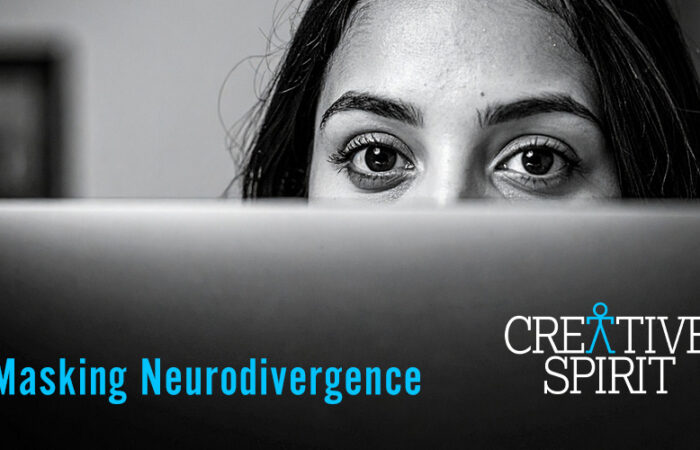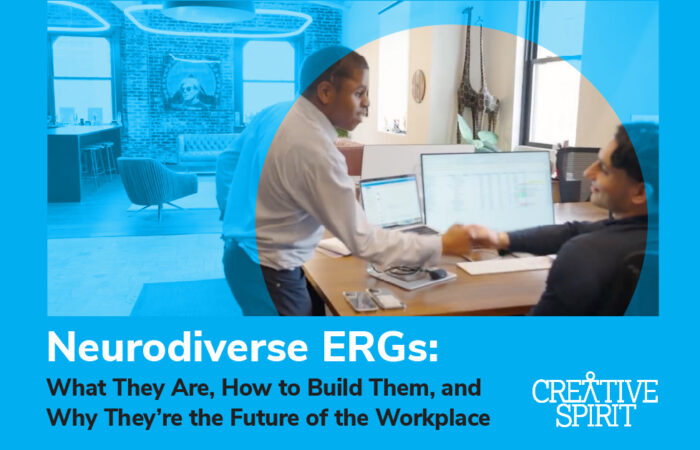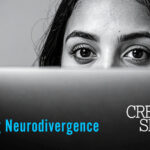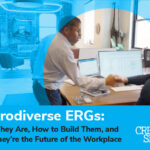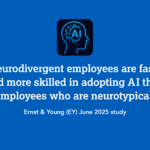By Menachem Rephun, Communications Manager, Creative Spirit
For most people, the interview process is one of the most dreaded stages of finding a job. The trick questions and general pressure can be intimidating, even for those with experience. For neurodivergent candidates (i.e., those with autism, ADHD, dyslexia, and other invisible disabilities), the interview process brings different challenges in the form of unconscious bias from employers, lack of reasonable accommodations, and other systemic barriers that neurotypical candidates won’t generally encounter. A report from Zurich Insurance UK found that half of the neurodivergent adults surveyed reported being discriminated against when job-searching; one in five reported being openly laughed at; and one in six had job offers rescinded due to being neurodivergent (Kyte, 2024). With all of the talent and hard work neurodiverse employees contribute, there’s no reason for them to be excluded from employment due to flaws in the interview/recruitment process.
While it’s incumbent on employers to fix these problems from within, there are strategies neurodiverse candidates can utilize to hone their interview skills and achieve success in advancing their careers. Creative Spirit’s coaching, job placement, and mentoring services are designed for both neurodivergent candidates seeking to improve their interview skills, and for companies looking to hire employees who are neurodivergent, but may be unsure where to start the process. Our #HireDifferent Academy also works directly with companies to help them appreciate and utilize neurodiverse talent. In this article, we’ll outline some of the strategies and suggestions that can make a huge difference for both employers and job seekers who are neurodivergent.
Unconscious Bias: A Major Obstacle in the Interview Process
Unconscious bias is one of the most serious challenges that neurodivergent professionals may encounter during the interview process. Susan Fitzell, an International Neurodiversity Consultant, Trainer, and Speaker, eloquently expresses how unconscious bias can manifest in interviews.
“Unconscious bias doesn’t just affect how we view someone when we know they have a neurodivergence,” she writes. “It can affect the way we see their neurodivergent behaviors” (Fitzell, 2022). For instance, some employers or hiring managers might interpret an employee who doesn’t make eye contact as socially awkward or lacking confidence, and decide to reject them on that basis, not understanding that these are traits commonly associated with being on the autism spectrum. Unconscious bias is something that affects all of us on some level, even those who support disability rights. To illustrate the point, Fitzell recalls that despite having spent 30 years working with people who are neurodivergent and being neurodivergent herself, she once found herself unconsciously making negative assumptions about people with Down Syndrome before giving a keynote address to the Down Syndrome Guild of Dallas. She writes:
I did a Google search, and I’m ashamed to admit that I wasn’t expecting to find any results for famous people with Down Syndrome. Imagine my surprise when Google returned results for famous artists, famous musicians, famous models, and famous actors with Down Syndrome! Unconscious bias caused me to underestimate the abilities of people with Down Syndrome. If I can fall victim to unconscious bias after decades of working with neurodivergence, then it’s understandable that unconscious bias may impact people involved in the hiring process. We all have preconceptions of which we are unaware (Fitzell, 2022, paras. 5-6).
In short, improving the interview process depends on employers acknowledging their unconscious biases and taking steps to resolve them. Fitzell also points out that the growing use of AI tools to screen resumes has led to many neurodiverse candidates being rejected, as they might not conform to the rigid set of rules used by the AI:
While AI makes the hiring process more efficient, it also makes your hiring practices less inclusive, forcing candidates to disclose their neurodivergence and seek accommodations. Unconscious biases could prevent you from hiring fantastic employees and bringing fresh perspectives when you are trying to build a neurodiverse team. Next time you hear a little voice in your head assuming something, I challenge you to question it (Fitzell, 2022, paras. 10-11).
If you’re interested in learning more about the anti-neurodiversity programmed into some A.I. tools., check out our original article “A.I.’s Anti-Neurodiversity Problem: How Did It Start, and How Can We Counteract It?”
Apart from the topic of A.I., human resources company SHRM also offers insight into how companies can improve the interview process for professionals who are neurodivergent. In SHRM’s essay “Creating the Ideal Interview Situation for Neurodiverse Candidates”, Career Advisor Jamie Johnson recommends that employers make interview rooms quiet and without distractions; ask direct, closed questions instead of open-ended ones; and make sure that the questions relate to the candidates’ work history and accomplishments. “Make the interview process friendly, safe, inviting and supportive according to the individual candidate’s needs,” Johnson says. “Do not be afraid to ask the candidate what works best for them during the process. Be flexible” (Bergeron, 2023).
Other experts have also weighed in on how employers can change their approach. Tim Reed, a San Francisco-based attorney who has delivered numerous presentations on neurodiversity and hiring, says employers should provide neurodiverse candidates with a prepared structure, outline of questions, and step-by-step description of the interview process. “Doing so may make the interview process a more successful experience for both the recruiter/manager and neurodivergent candidate,” he says (Bergeron, 2023). Reed encourages employers to focus less on neurodiverse candidates making eye contact, being charismatic, and giving a firm handshake, and more on the person’s skills and the fact that many neurodivergent candidates can excel in specialized roles.
“There is so much untapped talent and potential,” says Kristi Ervin, senior VP of human resources talent acquisition at Bank of America in Charlotte. “We can make it easier for neurodivergent candidates to be successful during the interviewing process by tailoring the experience to highlight skills. We do not need to lessen the requirements of the roles; we simply need to be more flexible in how we gather the information we need from the candidate to make a hiring decision” (Bergeron, 2023). Becoming more open-minded, understanding, and appreciative of neurodiverse talent can make a huge difference for all employers wanting to grow and innovate.
How Neurodiverse Candidates Can Improve Their Interviewing Skills
We’ve covered some of the ways employers can improve the hiring process. As mentioned, there are also strategies neurodivergent job seekers can use to refine and improve their interview skills and preparedness.
“The interview process is notoriously nuanced and ambiguous,” the University of Connecticut writes. “You could leave wondering if you’ve said something wrong, but you might still land the job. On the other hand, you might walk out of a final round feeling confident but never hear from the recruiter again. The interview style, questions, and communication vary from company to company and are a reflection of their culture. This uncertainty rattles even neurotypical job seekers, but the stress of interviewing can feel overwhelming for neurodivergent individuals”. For candidates who are neurodivergent, they recommend researching the company, planning ahead, preparing a quick introduction for the “tell me about yourself” question, and knowing your neuro-exceptional strengths and struggles. This involves listing a few strengths that can be competitive advantages, that you can reference and provide examples of later. This can include statements such as “I’m incredibly organized and able to plan and execute projects seamlessly by prioritizing, color-coding, and process planning,” and “my attention to detail allows me to focus on nuances that others might miss, such as typos or color mismatches” (University of Connecticut). They add that the research phase of interview prep involves getting a feel for the company’s mission by looking at their website, learning more about their mission and the services they provide, and writing down their values for later reference. It can also be helpful to look for employee reviews that can give insight into the company culture.
Additionally, it’s important for neurodivergent job seekers to appreciate their own unique strengths and talents. This can include organizational skills, creating strong relationships with your sense of empathy, having an exceptional memory, analytical skills, being detail-oriented, or any other strengths you might have that stand out. This leads to another extremely important question: whether or not to disclose being neurodivergent.
“If you choose to self-disclose, you might find that it is easier to ask for accommodations in the interview process,” the University of Connecticut writes. “For example, if you have auditory processing issues, you might be able to answer questions better by reading them during the interview. If your interviewer is made aware of this fact ahead of time, they could type the questions out for you during a video call or write them out for you before the meeting. Interviewers may also be more empathetic if they know about your neurodivergence.” Fortunately, disclosure in job interviews carries less risk than in previous decades, due to growing awareness and understanding of neurodiversity in society. A recent ZenBusiness study found that 50% of Gen Z identifies as neurodivergent. In 2025, Gen Z makes up roughly 30% of the global workforce, meaning that around 20% of the current workforce is neurodivergent (Fast Company, 2025). ZenBusiness also found that the majority of Gen Z’ers have a very strong entrepreneurial spirit, with 75% aiming for entrepreneurship in their careers. They added that the majority of Gen Z says neurodiverse people are more likely than others to express the 5 key traits associated with entrepreneurship: creativity, authenticity, hard work, hard work, perseverance, and hustle. The growing destigmatization of neurodiversity, combined with the fact that neurodiverse teams have been shown to be 30% more productive with a 90% retention rate, creates even more of an incentive for employers to overhaul their interview and hiring practices. If you’re a neurodiverse professional, or one of the companies looking to overhaul your interview/hiring process and drive growth and innovation through neurodiverse talent, Creative Spirit is here to support you every step of the way. Working together, we can make discrimination and exclusion a thing of the past, creating companies where neurodivergent professionals can thrive and deliver their best.
Sources:
Austin, R. & Pisano, G. (2017). Neurodiversity as a Competitive Advantage. Marginalized Groups – Harvard Business Review. https://hbr.org/2017/05/neurodiversity-as-a-competitive-advantage
Bergeron, P. (2023). Creating the ideal interview setting for neurodivergent candidates. Society for Human Resources Management. https://www.shrm.org/topics-tools/news/inclusion-diversity/creating-ideal-interview-setting-neurodivergent-candidates
Business Wire. (2023). New ZenBusiness Research finds class of 2023 sees neurodiversity as an asset in leadership & is primed to be the most entrepreneurial. ZenBusiness. https://www.businesswire.com/news/home/20230614082058/en/New-ZenBusiness-Research-Finds-Class-of-2023-Sees-Neurodiversity-as-an-Asset-in-Leadership-is-Primed-to-be-the-Most-Entrepreneurial
Kyte, M. (2024).Excluded from the Job Market: almost half forced to hide their neurodiversity. Zurich UK. https://www.zurich.co.uk/media-centre/excluded-from-the-job-market-forced-to-hide-their-neurodiversity
University of Connecticut.Interview Tips for Neurodivergent Job Seekers. Center for Career Readiness and Life Skills. https://career.uconn.edu/resources/interview-tips-for-neurodivergent-job-seekers/#:~:text=When%20answering%20questions%2C%20use%20examples,consider%20requesting%20accommodations%20when%20necessary

